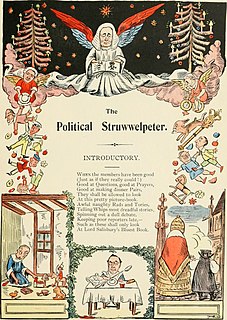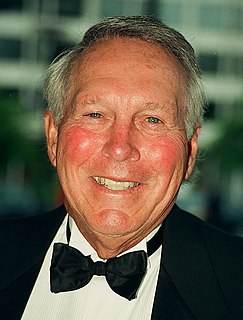A Quote by Miguel de Cervantes
'Tis the maddest trick a man can ever play in his whole life, to let his breath sneak out of his body without any more ado, and without so much as a rap o'er the pate, or a kick of the guts; to go out like the snuff of a farthing candle, and die merely of the mulligrubs, or the sullens.
Related Quotes
Without the Holy Spirit, Christian discipleship would be inconceivable, even impossible. There can be no life without the life-giver, no understanding without the Spirit of truth, no fellowship without the unity of the Spirit, no Christlikeness of character apart from His fruit, and no effective witness without His power. As a body without breath is a corpse, so the church without the Spirit is dead.
He was a foe without hate; a friend without treachery; a soldier without cruelty; a victor without oppression, and a victim without murmuring. He was a public officer without vices; a private citizen without wrong; a neighbor without reproach; a Christian without hypocrisy, and a man without guile. He was a Caesar, without his ambition; Frederick, without his tyranny; Napoleon, without his selfishness, and Washington, without his reward.
It is God's earth out of which man is taken. From it he has his body. His body belongs to his essential being. Man's body is not his prison, his shell his exterior, but man himself. Man does not "have" a body; he does not "have" a soul; rather he "is" body and soul. Man in the beginning is really his body. He is one. He is his body, as Christ is completely his body, as the Church is the body of Christ
I had rather munch a crust of brown bread and an onion in a corner, without any more ado or ceremony, than feed upon turkey at another man?s table, where one is fain to sit mincing and chewing his meat an hour together, drink little, be always wiping his fingers and his chops, and never dare to cough nor sneeze, though he has never so much a mind to it, nor do a many things which a body may do freely by one?s self.
The evil of the actual disparity in their ages (and Mr. Woodhouse had not married early) was much increased by his constitution and habits; for having been a valetudinarian all his life, without activity of mind or body, he was a much older man in ways than in years; and though everywhere beloved for the friendliness of his heart and his amiable temper, his talents could not have recommended him at any time.
Nothing is so insufferable to man as to be completely at rest, without passions, without business, without diversion, without study. He then feels his nothingness, his forlornness, his insufficiency, his dependence, his weakness, his emptiness. There will immediately arise from the depth of his heart weariness, gloom, sadness, fretfulness, vexation, despair.
The young man who addresses himself in stern earnest to organizing his life-his habits, his associations, his reading, his study, his work-stands far more chance of rising to a position affording him opportunity to exercise his organizing abilities than the fellow who dawdles along without chart or compass, without plan or purpose, without self-improvement and self-discipline.
The man who will go where his colors go, without asking, who will fight a phantom foe in the jungle and mountain range, without counting, and who will suffer and die in the midst of incredible hardship, without complaint, is still what he has always been, from Imperial Rome to sceptered Britain to democratic America. He is the stuff of which legions are made. His pride is in his colors and his regiment, his training hard and thorough and coldly realistic, to fit him for what he must face and his obedience is to his orders. He has been called United States Marine.
When Vanity kissed Vanity, a hundred happy Junes ago, he pondered o'er her breathlessly, and, that all men might ever know, he rhymed her eyes with life and death: "Thru Time I'll save my love!" he said. . . yet Beauty vanished with his breath, and, with her lovers, she was dead. . . -Ever his wit and not her eyes, ever his art and not her hair: "Who'd learn a trick in rhyme, be wise and pause before his sonnet there". . . So all my words, however true, might sing you to a thousandth June, and no one ever know that you were Beauty for an afternoon.





































